MKOPSC White Paper - Risk Acceptance Criteria - Overview of ALARP and Similar Methodologies as Practiced Worldwide
ALARP, known for as low as reasonably practicable, the most popular performance-based safety regulation, is not a very well understood concept as risk acceptance criteria. The success of implementation of ALARP is dependent on an existing robust process safety structure in the industry and a strong regulatory structure. Practices in four countries have been reviewed where ALARP or similar principles are mandated. Australia, Norway and the United Kingdom use the terminology ALARP, whereas the Netherlands uses another terminology ALARA for as low as reasonably achievable. Terminology is subject to interpretation by the legal system and its precedence, and hence, they are applicable to only for the practice area they are intended for. Individual and societal risk criteria, driving criteria of the ALARP principle, type of industry where it has been mandated, recommended quantitative or qualitative approaches for risk estimation and associated uncertainty, and cost-benefit analysis as adopted in these four countries have been compared. The analysis showed a wide variation in mandated approaches.
Duiding score:
Duiding:
This 40-page White Paper published in January 2020 provides an overview of the adaptation of Risk Acceptance Criteria in four countries, including the Netherlands.
Doelgroep(en):
- Beleidsmakers
- HSE managers
- Toezichthouders
Risicothema:
- Process Safety - Asset Integrity Management - Algemeen
- Risk | Control | Assurance - Algemeen
| Categorie | Uitgever | Maker | Taal |
|---|---|---|---|
|
Wetenschappelijke literatuur |
- |
Mary Kay O'Connor Process Safety Center (MKOPSC) |
English |

